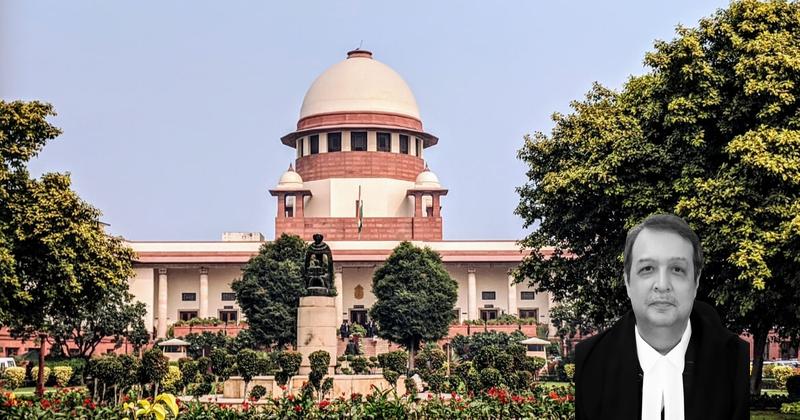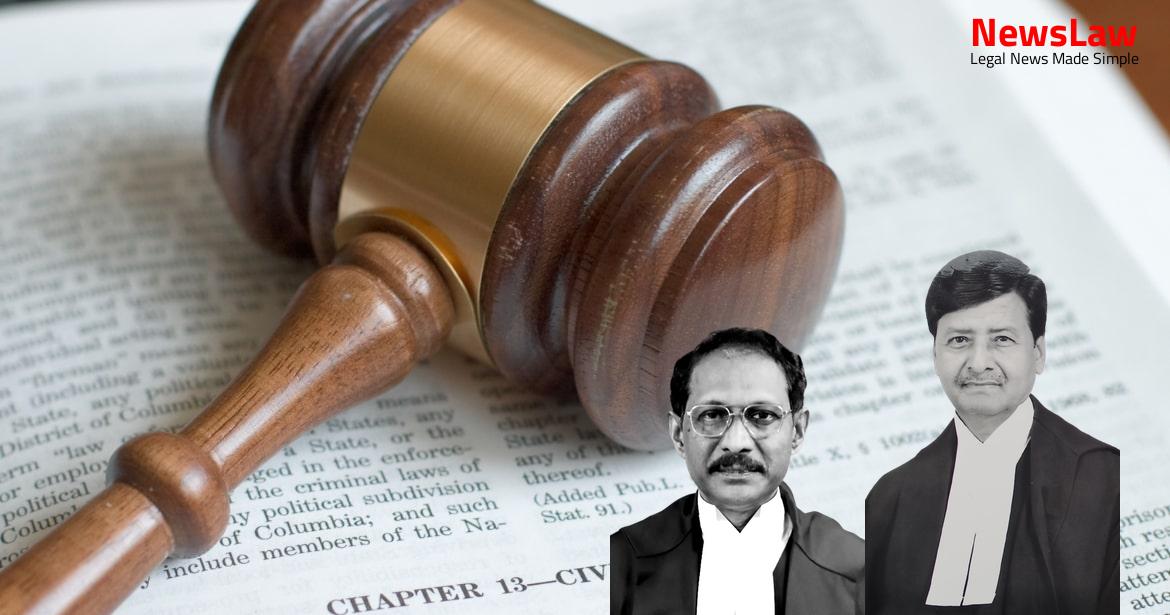RESPONDENT(S) O R D E R
These appeals are at the instance of the appellant/convict – Wazir Khan and is directed against the judgment(s) and order(s) dated 25.07.2017
(conviction) and 09.08.2017 (sentence) resply passed by the High Court of Uttarakhand at Nainital in Government Appeal
No 10 of 2011, by which the High Court allowed the appeal filed by the respondent – State of Uttarakhand and thereby reversed the judgment and order of acquittal passed by the trial court. It is the case of the prosecution that the appellant/convict – Wazir Khan committed murder of his wife – Bushra by inflicting injuries all over her body with a knife. The High Court found the judgment and order of the trial court to be perverse, and accordingly reversed the acquittal and held the appellant – Wazir Khan guilty of the offence of murder of his wife. He submitted that the High Court would be justified in reversing the acquittal only upon satisfaction that the trial court’s judgment is perverse or based on no evidence.
Abhishek Atery, the learned counsel appearing on behalf of the respondent – State vehemently opposed 3 the present appeals and submitted that there is no error, not to speak of any error of law said to have been committed by the High Court in reversing the judgment and order of acquittal passed by the trial court.
Also Read: https://newslaw.in/?p=548
ANALYSIS: – Having heard the learned counsel appearing for the parties and having gone through the materials on record, the only question that falls for our consideration is whether the High Court committed any error in passing the impugned judgment and order. The entire defence put forward by the appellant – Wazir Khan, could be termed as false defence. However, in the case on hand, we are convinced that the foundational facts laid by the prosecution are sufficient to invoke Section 106 of the Act, 1872. The learned Sessions Judge, after referring to the law on circumstantial evidence, had observed that there is a missing link in the chain of evidence after the deceased was last seen together with the accused persons, and the discovery of the dead body in the hospital, and concluded that the prosecution had failed to estab- lish the charge of murder against the accused persons beyond any reasonable doubt. On the other hand, if the traditional rule relating to burden of proof of the prosecution is allowed to be wrapped in pedantic coverage, the offenders in serious offences would be the major beneficiaries and the so- ciety would be the casualty. Presumption of fact is an inference as to the ex- istence of one fact from the existence of some other facts, unless the truth of such inference is dis- proved.
The principle is that when an incriminating circum- stance is put to the accused and the said accused either offers no explanation or offers an explanation which is found to be untrue, then the same becomes an additional link in the chain of circum- stances to make it complete. Where an accused is alleged to have committed the murder of his wife and the prosecution succeeds in leading evidence to show, like in the present case, that shortly before the commission of the crime they were seen together or the offence took place in the dwelling home where the husband also normally resided, it has been consistently held that if the accused does not dispute his presence at home at the relevant time and does not offer any explanation how the wife received injuries or offers an explanation which is found to be false, it is a strong circumstance which indicates that he is responsible for commission of the crime. State of Maharashtra, AIR 1973 SC 2622, explained that proof beyond reasonable doubt cannot be distorted into a doctrine of acquittal when any delicate or remote doubt flits past a feeble mind.
State of Hi- machal Pradesh, AIR 1973 SC 2773, that if a reasonable doubt arises regarding the guilt of the accused, the benefit of that cannot be withheld from him.”
(emphasis supplied)
Cases are frequently coming before the Courts where the husbands, due to strained marital relations and doubt as regards the character, have gone to the extent of killing the wife. This Court proceeded to observe that a Judge also presides to see that a guilty man does not escape.
Also Read: https://newslaw.in/?p=554
The duty on the prosecution is to lead such evidence, which it is capable of leading, having regard to the facts and circumstances of the case.
Case Title: WAZIR KHAN Vs. THE STATE OF UTTARAKHAND (2023 INSC 674)
Case Number: Crl.A. No.-001922-001923 / 2017



